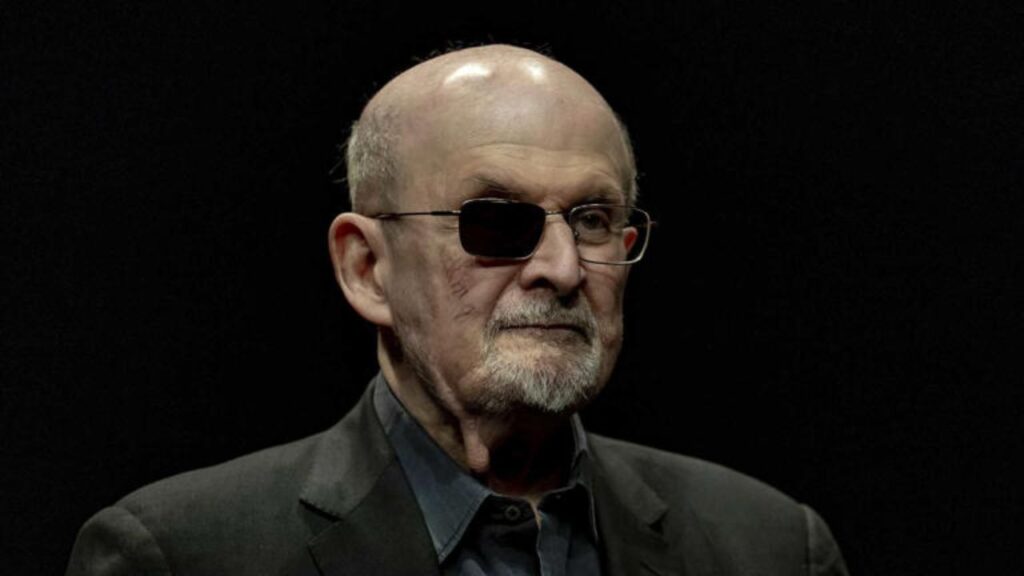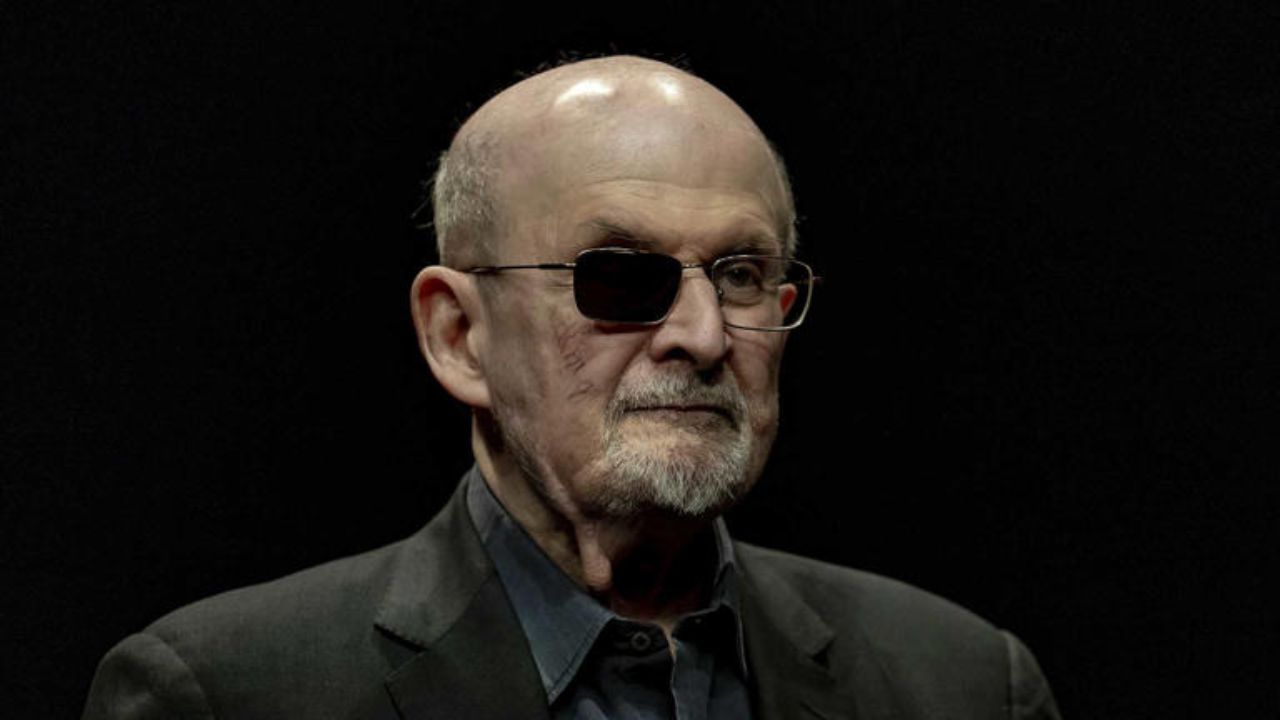Salman Rushdie stabbing, Hadi Matar plea deal, terrorism charge, Salman Rushdie attack, Chautauqua Institution stabbing, Nathaniel Barone, dual citizenship Lebanon, federal terrorism charge, Rushdie memoir, attempted murder charge
Hadi Matar, the man accused of stabbing Salman Rushdie, has rejected a plea deal that could have reduced his state prison sentence but introduced a federal terrorism-related charge. Learn about the implications of this decision and the complexities surrounding the high-profile case.

Man Accused of Stabbing Salman Rushdie Rejects Plea Deal Involving Terrorism Charge
The recent courtroom drama involving Hadi Matar, the man accused of stabbing renowned author Salman Rushdie, has taken a new turn. Matar, who has been held without bail since the 2022 attack, rejected a plea deal that could have shortened his state prison sentence but would have introduced a federal terrorism-related charge. This decision highlights the complexities and high stakes involved in the case, which has garnered international attention due to Rushdie’s prominence and the violent nature of the attack.
The Attack on Salman Rushdie
Salman Rushdie, an acclaimed writer known for his provocative works, was attacked on stage at the Chautauqua Institution in western New York in 2022. Hadi Matar, 26, is accused of stabbing Rushdie more than a dozen times, resulting in severe injuries, including the loss of vision in one eye. The attack occurred as Rushdie was preparing to give a lecture, underscoring the persistent threats faced by public intellectuals who challenge societal and religious norms.
Background on Salman Rushdie
Rushdie’s life has been marked by controversy and danger since the publication of his novel “The Satanic Verses” in 1988. The book, which some Muslims found blasphemous, led to a fatwa issued by Ayatollah Khomeini in 1989, calling for Rushdie’s death. This edict forced Rushdie into hiding for several years. However, by the late 1990s, he reemerged into public life and has since traveled and spoken freely, despite ongoing threats.
The Legal Proceedings
Matar, a resident of Fairview, New Jersey, rejected a plea deal that would have reduced his potential state prison sentence from 25 years to 20 years in exchange for pleading guilty to attempted murder. However, the plea deal also required him to plead guilty to a federal charge of attempting to provide material support to a designated terrorist organization, which could carry an additional 20-year sentence.
Matar’s attorney, Nathaniel Barone, confirmed the rejection of the plea deal in Mayville, New York. The decision to reject the deal leaves Matar facing a lengthy trial with significant legal consequences. The complexities of the case are further compounded by Matar’s background; he holds dual citizenship in the United States and Lebanon, where his parents were born. According to his mother, Matar became withdrawn and moody after visiting his father in Lebanon in 2018.
The Implications of the Rejected Plea Deal
The rejection of the plea deal by Matar suggests a strategic decision by his legal team. Accepting the plea would have meant admitting to a federal terrorism-related charge, significantly impacting Matar’s legal and personal future. The additional federal charge would not only extend his prison sentence but also label him with the stigma of terrorism, which carries severe social and legal repercussions.
By rejecting the deal, Matar and his attorney are opting to fight the charges in court, where they may seek to challenge the evidence and the applicability of the terrorism charge. This approach, however, carries the risk of a longer sentence if Matar is found guilty on all counts.
Salman Rushdie’s Perspective
Rushdie, who has long advocated for the safety and freedom of writers, is a key figure in this case. He is expected to testify in Matar’s trial, providing a firsthand account of the attack. In his memoir, Rushdie detailed the harrowing experience of seeing Matar running towards him moments before the stabbing, highlighting the ever-present dangers he faces due to his controversial works.
Public and Legal Reactions
The case has drawn widespread attention, with various stakeholders expressing their views. Representatives for Rushdie have not commented publicly on the latest developments. However, the literary community and advocates for free speech have underscored the importance of protecting writers from such violent acts.
Matar’s rejection of the plea deal has also sparked discussions about the legal strategies employed in high-profile cases involving terrorism-related charges. Legal experts note that such cases often involve complex negotiations and considerations of both state and federal laws.
The Path Forward
As Matar’s trial approaches, the legal teams on both sides are preparing for a rigorous courtroom battle. The prosecution will aim to establish Matar’s intent and connections to terrorist organizations, while the defense will likely challenge the evidence and the application of terrorism charges.
This case serves as a stark reminder of the ongoing threats faced by public figures who challenge ideological norms. It also highlights the intricate legal landscapes navigated by defendants and prosecutors in cases involving allegations of terrorism.
Conclusion
The rejection of the plea deal by Hadi Matar in the case of the stabbing of Salman Rushdie has set the stage for a high-stakes trial. The decision underscores the complexities involved in legal negotiations, especially in cases with potential terrorism charges. As the trial unfolds, it will not only determine Matar’s fate but also reinforce the ongoing challenges faced by writers and public intellectuals in a world where ideological conflicts can lead to violence.
The outcome of this trial will be closely watched by legal experts, free speech advocates, and the general public, as it navigates the intersection of criminal law, terrorism charges, and the protection of intellectual freedom.
Read More
